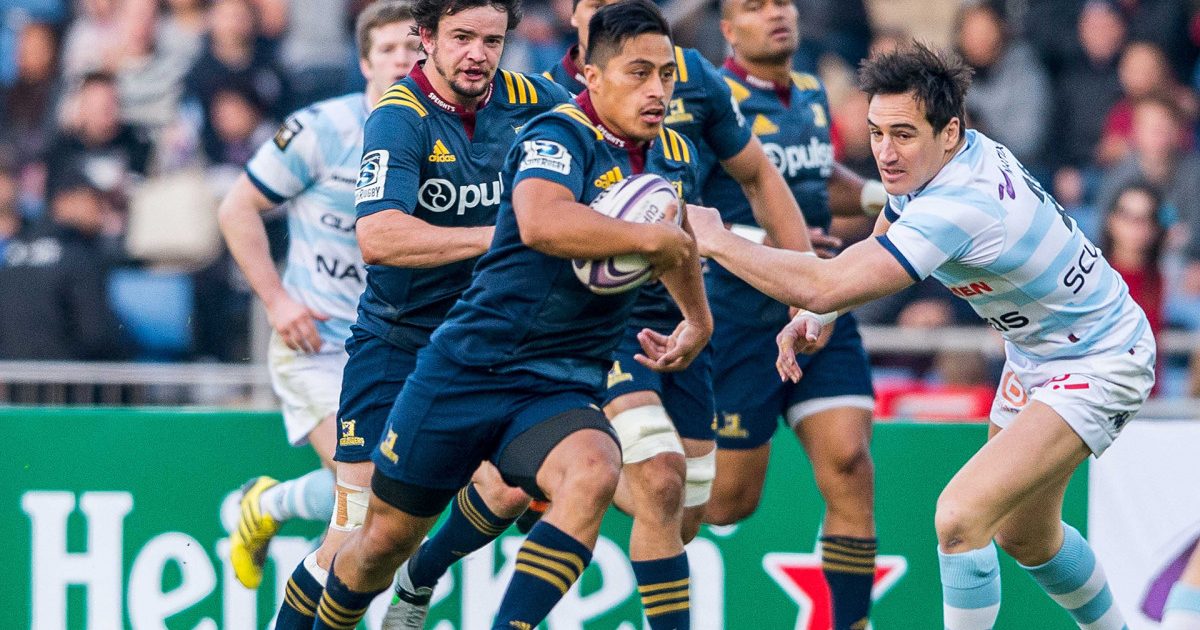Top League chairman and other leading rugby bosses throw support behind Club World Cup concept

Top League chairman Osamu Ota has thrown his support behind the concept of a Club World Cup with the aim of Japanese clubs stamping their mark on the global rugby scene.
In an interview with Stuff earlier this week, Ota said he expects a Club World Cup to be held “in the near future”, but only if certain obstacles are overcome to allow the tournament to come to fruition.
“If the club world championship can be held that is a very good thing for us,” Ota told Stuff.
“If some of the Japanese clubs can make it that is a positive for us, so I’m expecting the club world championship will be held in the near future.
“But of course many discussions have to be conducted to find the best format for everyone.
“We need to think about the player welfare as well as the international calendar, which is very difficult.
“So, everyone needs to capture the big picture of what is going on on a global basis to sort out the right place and the right timing.”
This isn’t the first time the idea of a club world championship has been floated by a leading rugby official.
In the lead-up to last year’s World Rugby elections, World Rugby vice-chairman and French Rugby Federation president Bernard Laporte unveiled plans to develop a six-week Club World Cup.
Laporte’s plans involved staging the tournament on an annual basis and would result in scrapping Europe’s prestigious Champions Cup competition.
At the time of his announcement, Laporte said six teams would qualify from Super Rugby, as would four each from England, France and the PRO14, while the champions of the Top League and North America’s Major League Rugby would also be included.
However, an overhaul in Super Rugby since then will see the four South African franchises join an expanded PRO16, while the five New Zealand and Australian teams have formed their own individual domestic competitions.
All Blacks star Beauden Barrett is set to finally make his long-awaited Top League debut for Suntory Sungoliath on Sunday.https://t.co/hnhJfKDp5M
— RugbyPass (@RugbyPass) February 20, 2021
There are plans for a 12-team Super Rugby competition to get underway next year, though, featuring the 10 trans-Tasman sides as well as a Fijian-based side and a Pacific Island team.
How that would impact Laporte’s structure of a Club World Cup remains to be seen, but his vision of the world’s best club sides going head-to-head against each other appears to have picked up support – and not only from Ota.
According to Stuff, chief executives within Super Rugby are attracted to the idea, as are the likes of Harlequins and Scarlets board member Sean Fitzpatrick, Panasonic Wild Knights coach Robbie Deans and Toshiba Brave Lupus coach Todd Blackadder.
European Professional Club Rugby [EPCR], the organising body of the Champions Cup, was open to Laporte’s idea last year, but said in a statement the tournament could “complement” the Champions Cup rather than replace it entirely.
“Discussions have already taken place on an official level between EPCR and its stakeholders regarding a global club tournament which could complement the Heineken Champions Cup and Challenge Cup and which could take place once every four years,” EPCR said last April.
“Work on possible formats is ongoing with a collaborative approach and issues of players welfare to the fore.”
Upon the announcement of his plans to create a Club World Cup, Laporte said the driving factor behind his idea was to maximise revenue.
However, the former France head coach hasn’t provided an update since then on whether any further progress has been made on making the competition a reality.
Should a Club World Cup come to fruition, World Rugby would follow in the steps of FIFA, who first staged a Club World Cup of their own in 2000 and have held the tournament every year since 2005.
Football’s version of the event is set for an overhaul in the coming years, changing its format to become a 24-team competition to be held over three weeks, rather than a six-team tournament held over a week-and-a-half.





























